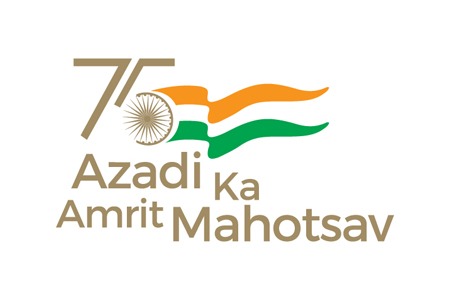New Delhi: The Supreme Court on Thursday ordered status quo on the decision of the Genetic Engineering Appraisal Committee (GEAC) allowing the environmental release of genetically modified (GM) mustard for seed production and testing. The apex court has scheduled the next hearing in the matter on November 10.
A bench comprising justices Dinesh Maheshwari and Sudhanshu Dhulia ordered status quo on the GEAC’s decision of October 18 2022, and subsequent decision of the Ministry of Environment and Forests of October 25, to allow environmental release of genetically modified mustard/ HT mustard /DMH 11 in 5 states on an interim application filed by Aruna Rodrigues in her pending writ petition.
Advocate Prashant Bhushan, representing Rodrigues, contended that the apex court in 2012 constituted a technical expert committee with broad terms of reference to examine in detail the matter of genetically modified crops in India.
The bench queried the Centre’s counsel on the current status in connection with the environmental release of GM mustard.
The counsel after taking instructions informed the court that GM mustard seeds were going to be planted in facilities of Indian Council of Agricultural Research (ICAR).
The bench told the Centre’s counsel to ensure that “no precipitative action is taken” until the application is heard and scheduled the matter for consideration on November 10.
Bhushan said that the committee called HT crops “unsustainable” and “unsuitable” for India and noted that the herbicide sprayed on HT crops caused cancer, and it had recommended that non-GMO alternatives were available in the country.
He added that the committee recommended a “total ban” on all HT crops on “precautionary principle” as no long-term safety studies were done on the impact of edible GM crops in India on human health, animal health, and bio-diversity.
Citing apex court orders passed in 2016 and 2017, Bhushan said the submission of the Centre was recorded that as of that time no decision had been taken to release GM mustard in the environment and if such a decision were to be taken it would be placed before the court.
(IANS)













